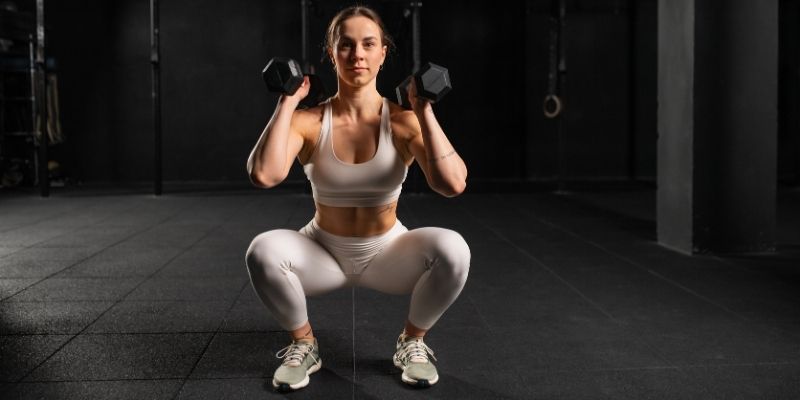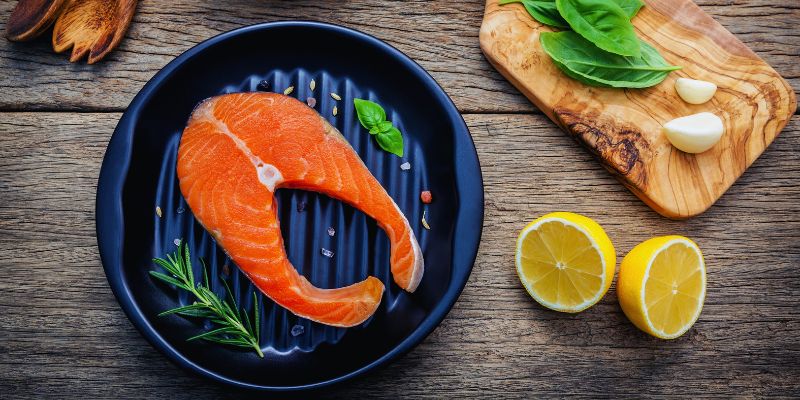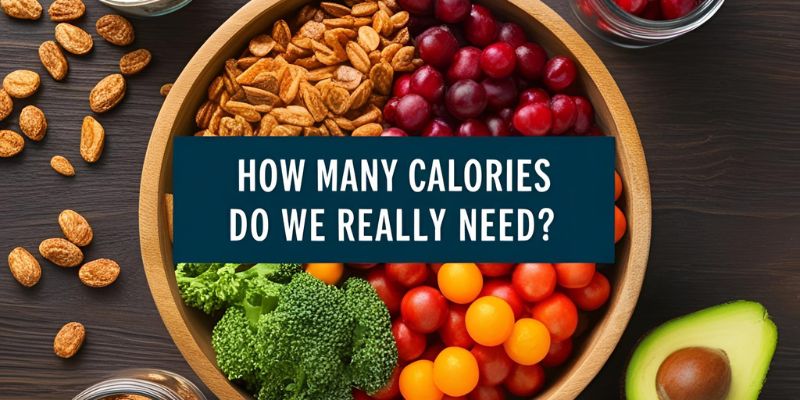Calorie consumption has roots in numbers, organisation, and reason. It emphasises monitoring your daily calorie intake and modifying it in response to objectives, including weight reduction, maintenance, or muscular development. Those who excel in data and discipline will find this approach very attractive. You can weigh portions, journal every meal, and examine food labels to reach certain macro or calorie goals. Emphasising outside control over internal signals, this approach is common in fitness and diet culture.

Caloric Eating: Benefits and Drawbacks
Particularly for people with specific fitness objectives or medical issues requiring rigorous food control, caloric eating offers several advantages. It may aid weight reduction, muscular strengthening, and understanding nutritional value and portion sizes. Tracking intake helps individuals become more mindful of their consumption, which may support improved decision-making. Monitoring tools and apps—which some find inspiring—also help establish quantifiable objectives and responsibility.
Still, this approach may become compulsive and taxing. Counting calories nonstop might cause a strict attitude towards food, which raises guilt, anxiety, or disordered eating habits. It teaches you to believe statistics over your body and frequently separates you from natural hunger signals. It also calls for constant effort—logging every meal and calculating nutrients, which may be time-consuming and unworkable for long-term usage. For some, the structure that provides clarity might seem like a weight; for others, particularly when it affects social eating or pleasure, it could feel like a constraint.
The appeal and difficulties of intuitive eating
From a psychological and emotional standpoint, intuitive eating provides release from food fixation. It helps you eat without guilt or anxiety, giving room for pleasure and confidence in your body's natural impulses. For people with yo-yo dieting or emotional eating, intuitive eating helps mend connections with food by emphasising internal signals. It promotes flexibility, self-compassion, and awareness, which will let one sustain for a lifetime without burnout.
Still, masterful intuitive eating is not always simple. It initially seems perplexing or useless for those used to dieting or ignoring hunger signals. It calls for honesty, patience, and great degrees of self-awareness. Emotional triggers, appetites, and routines may distort actual hunger signals. Some people battle with portion control and sometimes overstate what their body "wants." One may develop either overconsumption or underconsumption behaviors without structure or outside direction. Although intuitive eating requires effort and knowledge to succeed, it frees one from bad habits.
Psychological Impact: How Your Mind Views Every Style
Calorie consumption sometimes meets the need for assurance and control in the psyche. Having a daily target gives discipline and helps people who worry about losing control over their eating patterns relax. It appeals to achievers who like measuring development and seeing quantifiable achievements because it is goal-oriented. But this mental concentration may become compulsive, causing guilt or humiliation when daily objectives are not fulfilled, therefore transforming food from a source of nutrition into a cause of anxiety.
Conversely, intuitive eating releases the pressure to be flawless, promoting mental well-being. It enables you to re-establish connection with your emotions and physical signals, enhancing the meal's tranquilly and fulfillment value. There is no "good" or "bad" food; it is merely how certain meals affect you. This method helps one develop a healthy, nonjudging attitude towards eating, lowering guilt and anxiety. Still, staying in touch with your body calls for mental discipline, particularly in the context of diet culture or emotional triggers.
Physical Health Issues: Which Advances Long-Term Wellness?
Though they rely on how they're done, both approaches may be successful from a physical health aspect. When done deliberately and in line with healthy dietary choices, calorie eating may stimulate muscle development or weight reduction. For those with dietary monitoring-requiring medical disorders like diabetes or PCOS, it may also help. On the other hand, being pushed too far can cause nutritional shortages, stress-related medical problems, or metabolic slowdown from persistent under-eating.
Using balance and sustainability, intuitive eating enhances physical wellness. When done well, it naturally promotes a diverse and fulfilling diet that satisfies nutritional requirements without regard to restrictions. Those who pay attention to hunger and fullness often consume the correct quantity for their body type. It may not, however, provide particular direction for someone requiring a weight-related modification or professional intervention. Long-term health benefits from it, yet effectiveness depends on a learning curve. Often, the greatest results follow from integrating basic nutritional knowledge with other factors.
Social and Lifestyle Fit: Best for You?
Calorie diets might sometimes seem constrictive in social situations. Holiday celebrations, dining out, or impromptu dinners may induce stress because of the lack of control over food or quantities. Some individuals may forgo activities or rigorously schedule meals around social responsibilities to keep on target. When people in a partnership lack understanding or support for the approach, it may lead to strain. Those with hectic schedules might like the consistency and structure it offers despite these negatives.
Intuitive eating fits extremely well in daily life. It promotes adaptability so you can enjoy social events free from eating guilt or anxiety. You may eat on the fly without logging every detail, celebrate birthdays, and go to dinner with pals. This may result in a more leisurely and happy experience with eating. Still, individuals may turn back to impulsive decisions without solid internal routines. The approach is most effective when it fits your natural rhythm rather than a vague following concept.
Are Both Strategies Possible to Combine?
The quick response is yes—many individuals find success combining the flexibility of intuitive eating with the framework of calorie monitoring. This hybrid method may call for measuring food consumption during particular goals, such as gaining muscle or decreasing weight; yet, during maintenance stages, it may call for changing to simple habits. It lets you earn from awareness and balance without limited access to one extreme. This approach promotes adaptability while still providing responsibility as required.
Combining both approaches helps you maintain nutritional balance while learning to heed your body's signals. For most meals, for example, you may eat instinctively; however, you check protein consumption after exercise. Alternatively, you could honour hunger and contentment while still approximating portion amounts. This strategy may help avoid burnout, reduce guilt, and enable long-term success. Like any lifestyle modification, it's about determining what fits your objectives, attitude, and body type. Neither approach needs to be all-or-nothing; you can create your road towards well-being.

Conclusion
The objective is the same: a good, lasting connection with food, whether eating with your mind by monitoring calories or with your gut via intuitive eating. Each method has advantages and drawbacks. While intuitive eating promotes awareness and emotional flexibility, calorie eating provides structure and verifiable outcomes. Knowing your tastes, style, and health objectives will enable you to choose the optimal approach—or mix.
Eating is a daily exercise of self-care, introspection, and connection, not just about fuel. Feeding your body without shame or uncertainty becomes simpler the more you know about it. Whether you go with numbers, intuition, or both, the most crucial thing is developing behaviours that make you feel robust, motivated, and in touch with yourself. Listen, grow, and lead compassionately; you will discover the appropriate balance.












